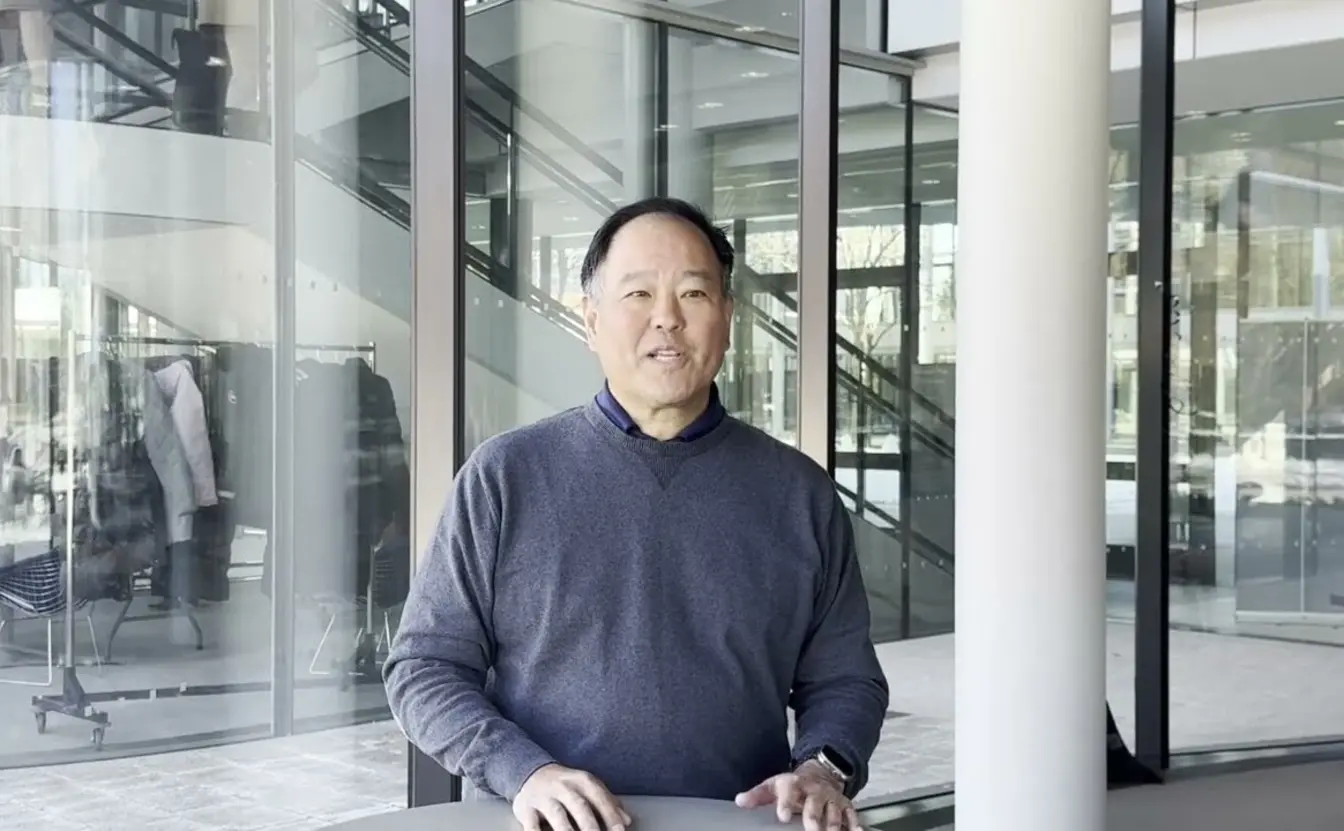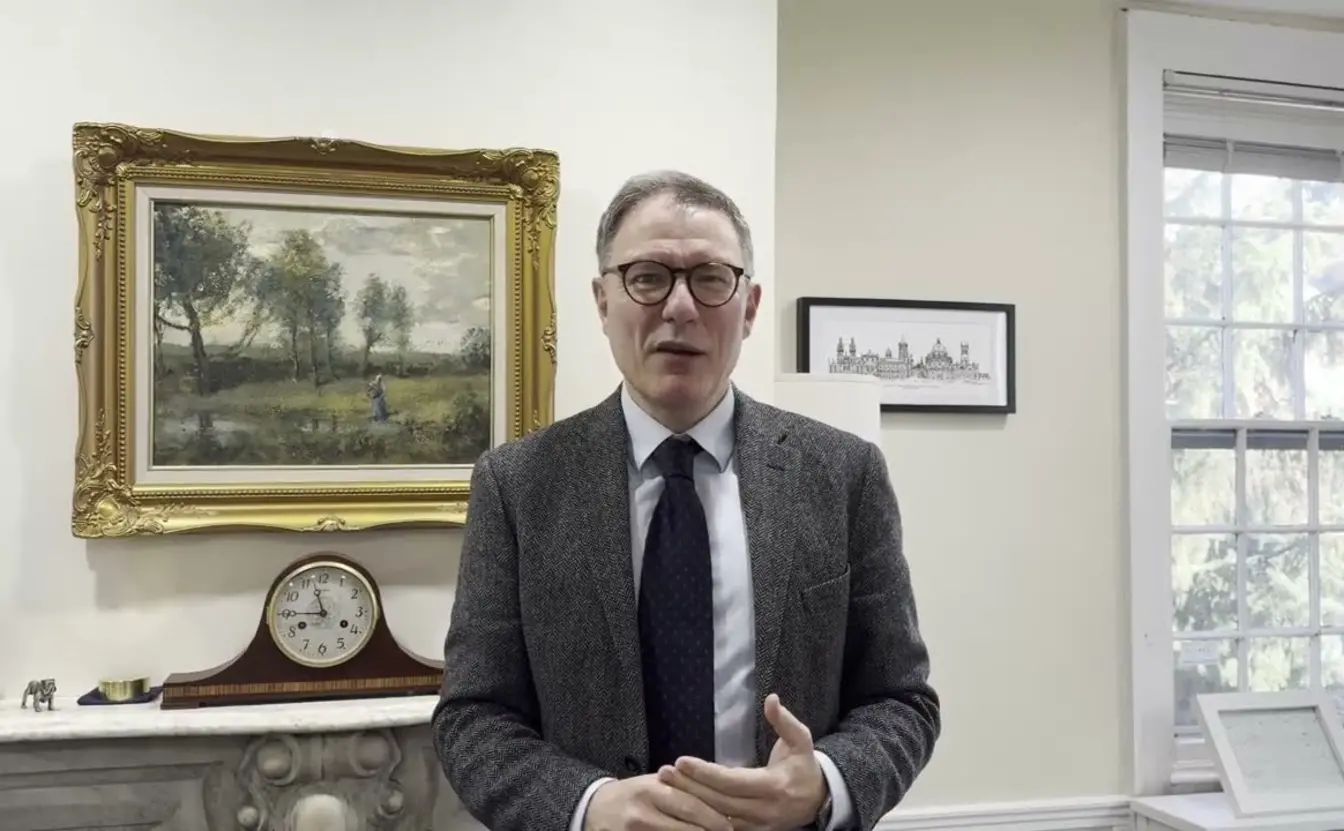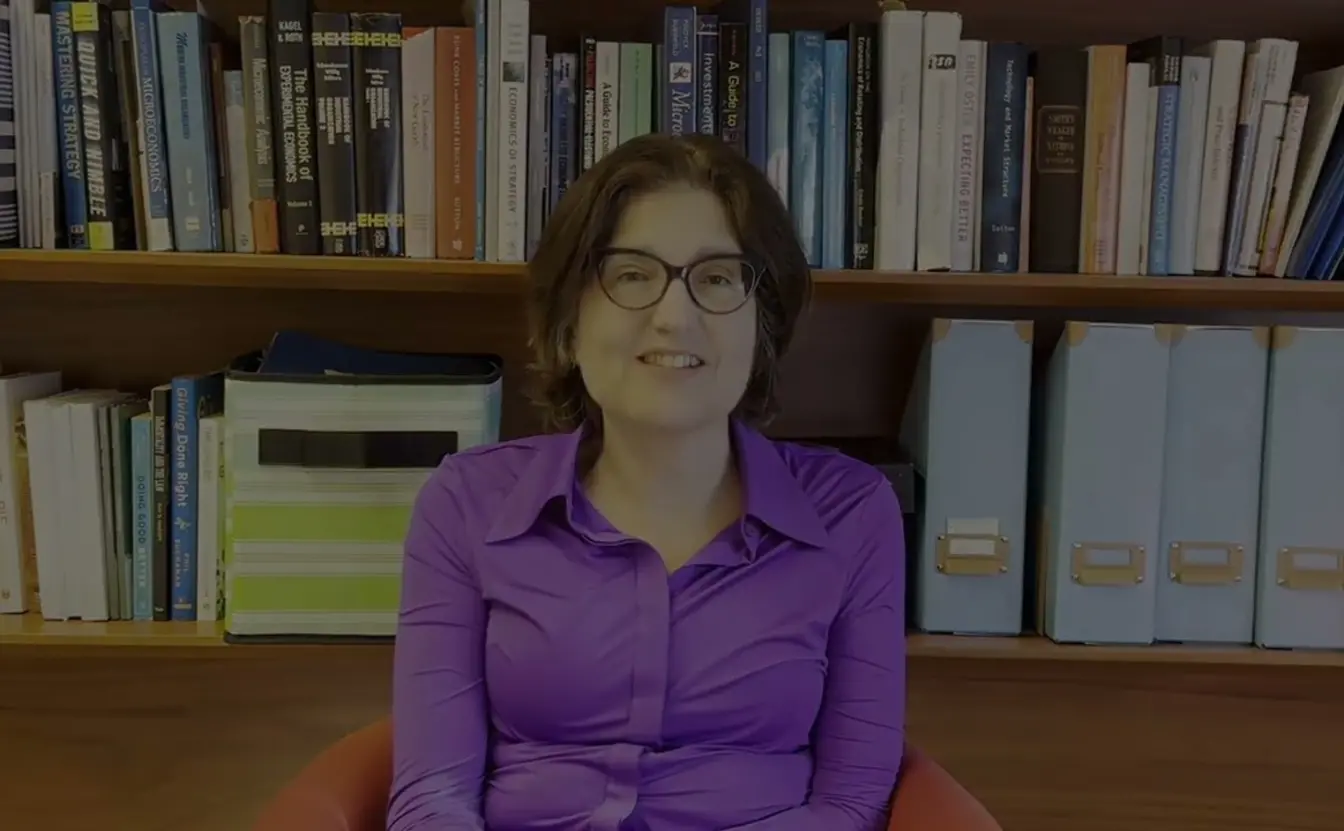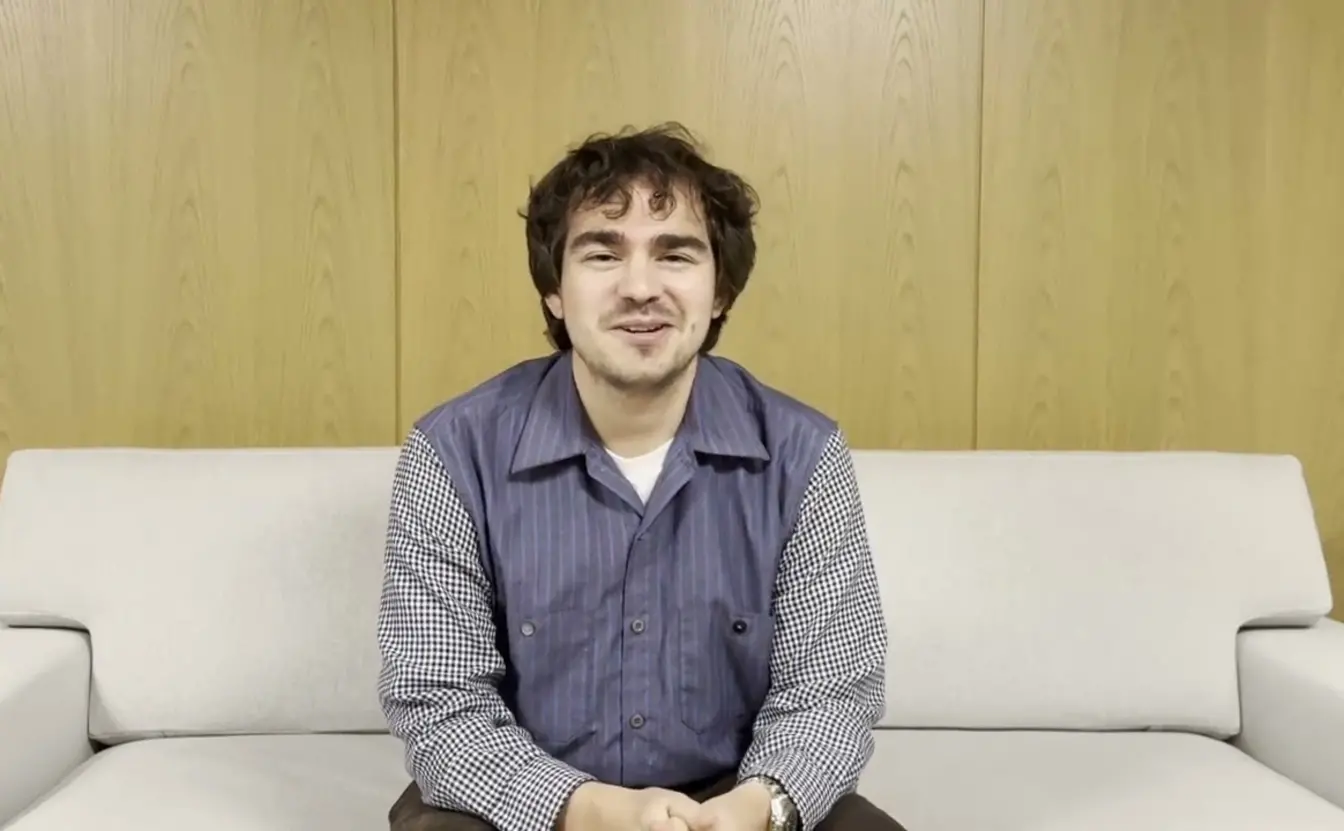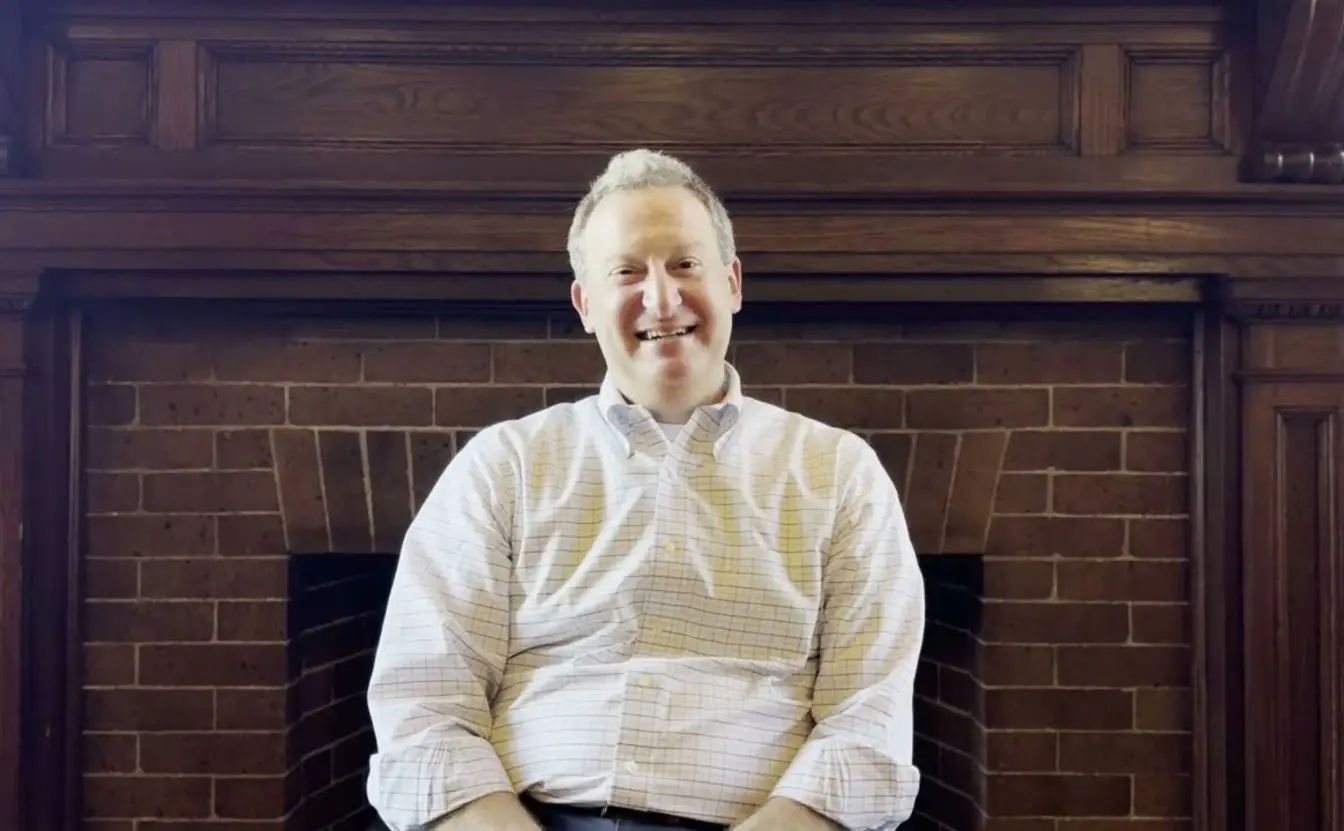What Yale Professors Say about the Responsible AI Conference?
To make the upcoming Responsible AI in Global Business Conference happen, we received much support from renowned professors and leaders across Yale community. Dive into some of the most enlightening conversations, kicking off with insights from Professor Jon Iwata, the Practice Leader at the Yale Program on Stakeholder Innovation and Management, and Founding Executive Director of the Data & Trust Alliance.
"What's truly exceptional about this conference at Yale is its multi-disciplinary and multi-stakeholder approach to AI. It transcends mere technology or management discussions; instead, it embraces the broader spectrum of societal impact, policy considerations, and regulatory frameworks." — Professor Jon Iwata
Presented by the Yale SOM AI Group and International Center for Finance at Yale School of Management, this conference aims to foster essential dialogues on responsible AI adoption, development, and governance. In collaboration with esteemed partners such as the Yale Program on Stakeholder Innovation and Management at Yale SOM, the Schmidt Program and Yale Jackson School of Global Affairs, The Chief Executive Leadership Institute (CELI) at Yale SOM, the Paul Tsai China Center at Yale Law School and the Digital Ethics Center at Yale University, we are committed to advancing ethical practices in AI.
View Jon's full interview:
Luciano Floridi, Founding Director of the Digital Ethics Center (DEC), Yale University Center and Professor in the Practice in the Cognitive Science Program at Yale University, brings unparalleled expertise in digital ethics and AI philosophy. His extensive contributions to the field, including over 300 publications and groundbreaking books, make him a key voice in shaping responsible AI practices globally.
"We speak a lot about the future of AI, machine learning in particular, large language models. But we need to understand that it is through regulations, good policy, good strategy that all the benefits of AI will become a reality. Policy is not just about federal law or European law or international agreements, but it's also what we do, for example, at the university, what we do within a particular business. It is a matter of governance of technological innovation." — Professor Luciano Floridi
Luciano’s full interview:
Judith Chevalier, William S. Beinecke Professor of Finance and Economics and Faculty Director for the Program on Social Enterprise, Innovation, and Impact.
Judy shared her enthusiasm for the prospective democratization of AI tools, emphasizing the chance for smaller organizations to effectively challenge larger counterparts. “I'm particularly excited that as these AI tools become more accessible and demystified, and organizations learn how to use them, we could actually see some democratization in the use of these tools, and smaller organizations using them to compete effectively against bigger ones. ”
View Judy's full interview here:
Karman Lucero, Associate Research Scholar and Fellow at the Paul Tsai China Center at Yale Law School, brings expertise in AI law and policy, with a background spanning legal reform, international relations, and human rights advocacy.
"I'm increasingly concerned that a lot of approaches may misunderstand the problem or they try to impose a solution that is maybe worse than the problem they are trying to solve.”
View Karman’s full interview:
Professor Jeff Sonnenfeld, Senior Associate Dean for Leadership Studies and Lester Crown Professor in Management Practice at Yale School of Management, and Founder and President of the Yale Chief Executive Leadership Institute, offers invaluable insights at the intersection of leadership, technology, and business.
In our recent interview, Jeff underscored the importance of bringing together a spectrum of views on AI development and governance from academia, industry, and public policy. The conference will showcase the invaluable role universities play as forum for the intersection of ideas and sectors.
“Just as a knife, initially perceived as neutral, can be used for both sustenance and harm, technology's neutrality is often deceptive. Understanding its potential for good or harm is crucial. The interdisciplinary nature of this conference, bringing together diverse perspectives from academia, industry, and public policy, is essential. It reflects the unique role universities play as safe spaces for ideational and sectoral convergence.”
Jeff’s full interview:
Professor Ted, Edward Wittenstein, Director of the Schmidt Program on Artificial Intelligence, Emerging Technologies, and National Power at Yale Jackson School of Global Affairs.
In our recent interview, Ted underscores the necessity of responsible governance and strategic policy frameworks in maximizing AI benefits while mitigating risks.
"The challenge really is how to take advantage, how to harness the benefits, and not stifle them while mitigating the risks at the same time. It's a management function, an ethical leadership function, and one that I'm looking forward to thinking about in the context of the conference."
Ted’s full interview:

